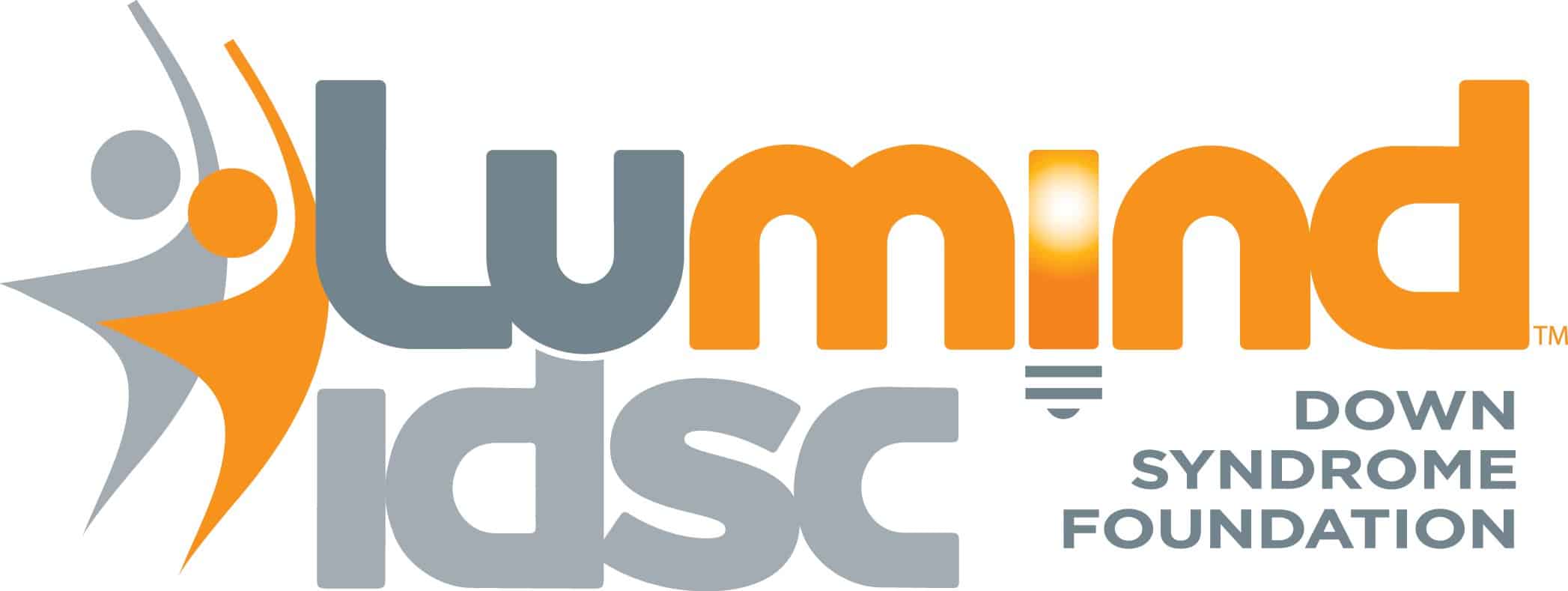On Friday, January 6, the U.S. Food & Drug Administration (FDA) granted accelerated approval for lecanemab, an anti-amyloid drug to treat Alzheimer’s disease that was developed by Eisai and Biogen. Lecanemab is now branded as “Leqembi” (pronounced leck-EM-bee).
Leqembi is approved to treat patients in the mild dementia stage of Alzheimer’s disease who also have “confirmed presence of amyloid beta pathology” in the brain. The presence of amyloid beta plaques in the brain is one of the hallmarks of Alzheimer’s disease. For more on the science of anti-amyloid therapies, see these articles: DS-AD overview, and DS-AD explainer.
This approval is exciting news for Alzheimer’s patients: with Leqembi a second anti-amyloid drug has now been approved, and this drug has demonstrated better and more consistent clinical trial results than Aduhelm (the anti-amyloid antibody drug approved in June 2021).
There remain substantial barriers to Leqembi being deemed safe and accessible for people with Down syndrome. As far as we know, no one with Down syndrome was included in the Leqembi clinical trials to date. That means a safety study specifically geared to people with Down syndrome should take place prior to widespread use in our community.
In addition, assessment tools developed to measure cognitive and functional changes specifically in patients with Down syndrome should be used in such safety clinical trials and also to identify the individuals with Down syndrome in the early stages of Alzheimer’s disease who would benefit from Leqembi therapy.
What are the next steps?
With strong clinical trial results, Eisai is requesting full FDA approval for Leqembi with a decision expected around July 2023. After the full approval decision, the Center for Medicare and Medicaid (CMS) will make a decision on whether Leqembi will be reimbursed.
As we shared in a recent statement, our community must continue to advocate for clinical research and policy measures for Leqembi and other anti-amyloid antibody therapies in adults with Down syndrome. This will ensure that future studies of Leqembi safety include adults with DS (more on the possible, yet untested safety risk in adults with Down syndrome can be read here), and that our population gets the same access and reimbursement to this groundbreaking treatment as will every other American with early Alzheimer’s disease.
We will continue to update you as we learn more this year about whether Leqembi will be reimbursed and what access people with DS will have to this therapy.
See recent blog posts on this topic here :
https://v4n938gp4pk.c.updraftclone.com/lecanemab-alzheimers-disease-treatment-2
https://v4n938gp4pk.c.updraftclone.com/lecanemab-alzheimers-disease-treatment


